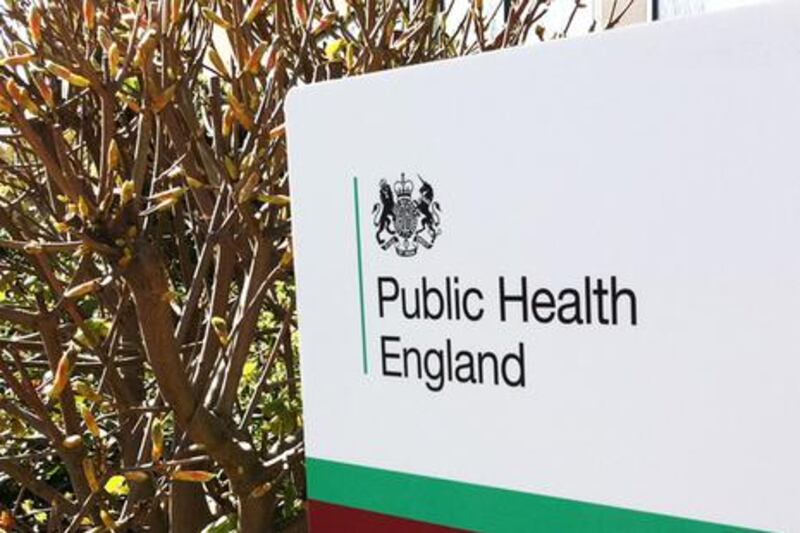Britain’s public health agencies have confirmed that a second case of monkeypox has been identified in the country.
Public Health England (PHE) said there was no link between the new case and a patient in Cornwall last week, who was the first found with the condition in the UK.
The latest patient recently travelled to Nigeria where it is believed they were infected. The patient initially went to the Blackpool Victoria Hospital for treatment and was then transferred to Royal Liverpool University Hospital, a specialist centre for respiratory infectious diseases.
Dr Nick Phin, deputy director of the National Infection Service at PHE, said: “We know that in September 2017 Nigeria experienced a large sustained outbreak of monkeypox and, since then, sporadic cases have continued to be reported. It is likely that monkeypox continues to circulate in Nigeria and could, therefore, affect travellers who are returning from this part of the world.
“However, it is very unusual to see two cases in such a relatively short space of time. We are working hard to contact individuals, including healthcare workers, that might have come into contact with the individual, to provide information and health advice.”
Dr Mike Beadsworth, Clinical Director of the Tropical and Infectious Diseases Unit, said “we are treating a patient who has tested positive for monkeypox. The patient is being cared for on our specialist infectious and tropical diseases unit, by highly trained staff who are experienced in dealing with a variety of infectious diseases.
“All necessary precautions are being taken by specialist staff and there is currently no risk to other staff, patients or visitors. We ask that people continue to use our services as normal and that people only come to our emergency department if their condition is serious and/or an emergency.”
PHE said the disease is a rare viral infection that is not easily communicable between humans. It can spread through close contact with an infected person.
Initial symptoms include fever, headache, muscle aches and exhaustion. Dr Michael Jacobs, clinical director of infection at the Royal Free Hospital, said: “Monkeypox is, in most cases, a mild condition which will resolve on its own and have no long-term effects on a person’s health. Most people recover within several weeks.
“It is a rare disease caused by monkeypox virus and has been reported mainly in Central and West African countries. It does not spread easily between people and the risk of transmission to the wider public is very low. We are using strict isolation procedures in hospital to protect our staff and patients.”







